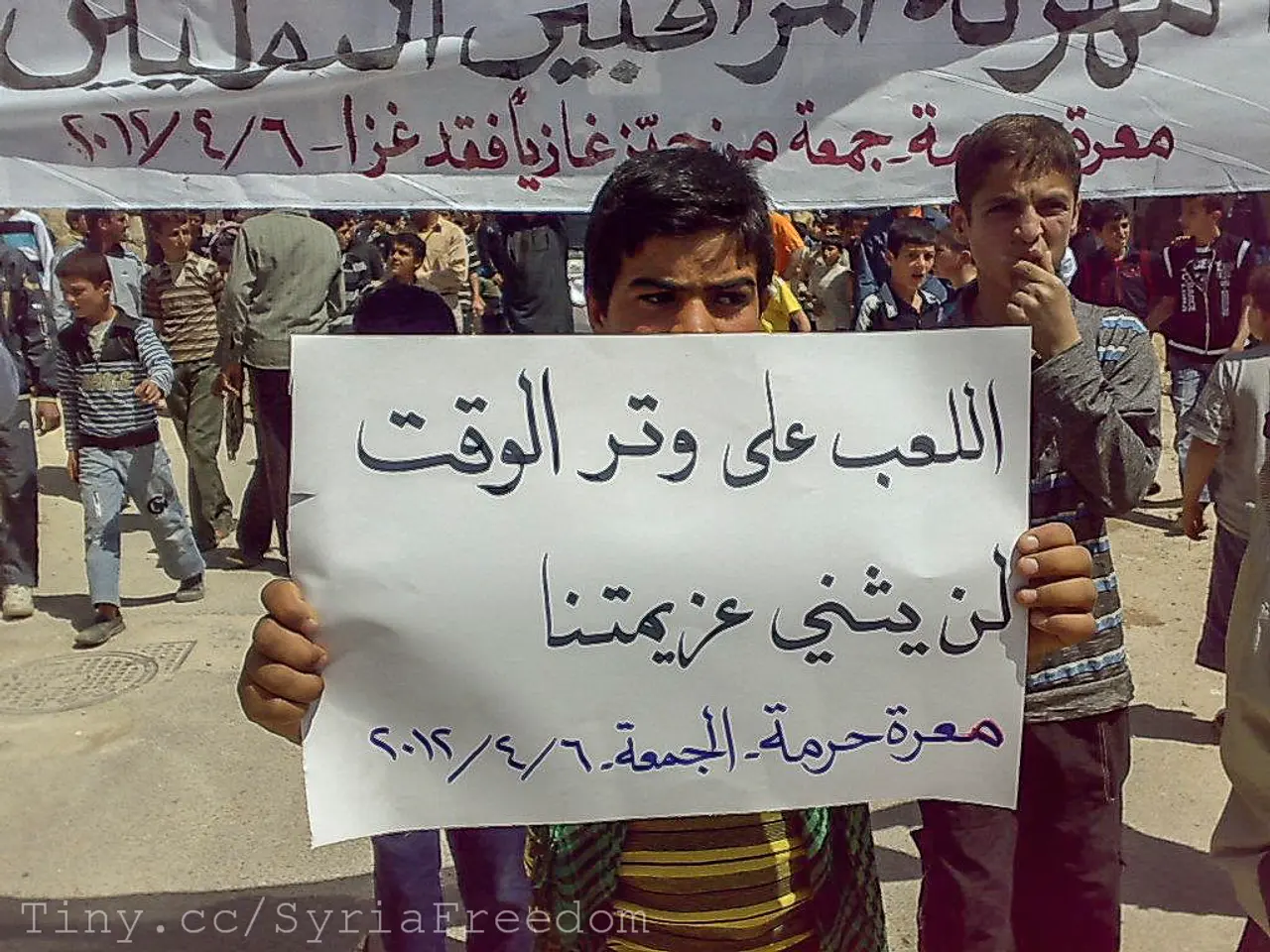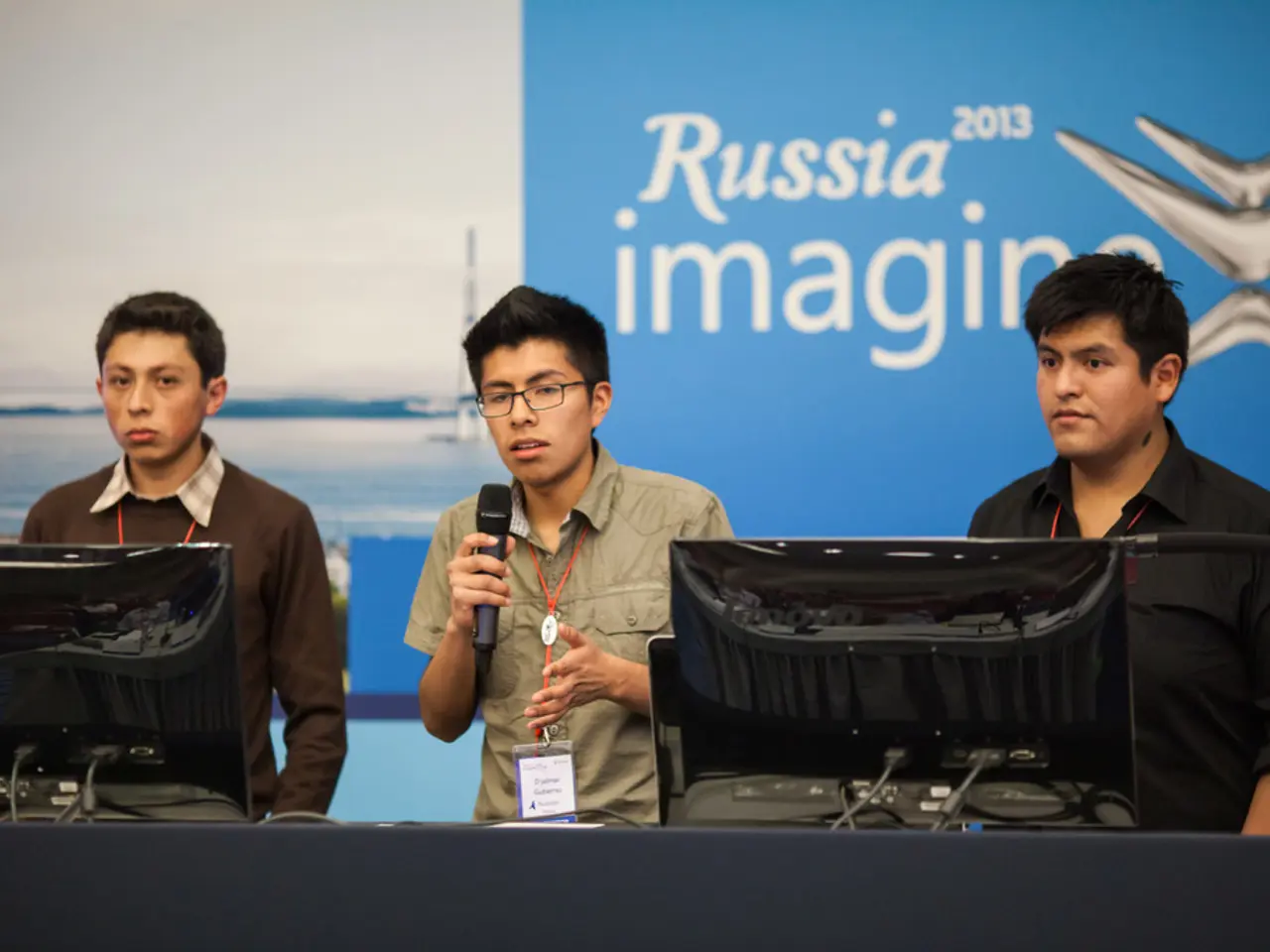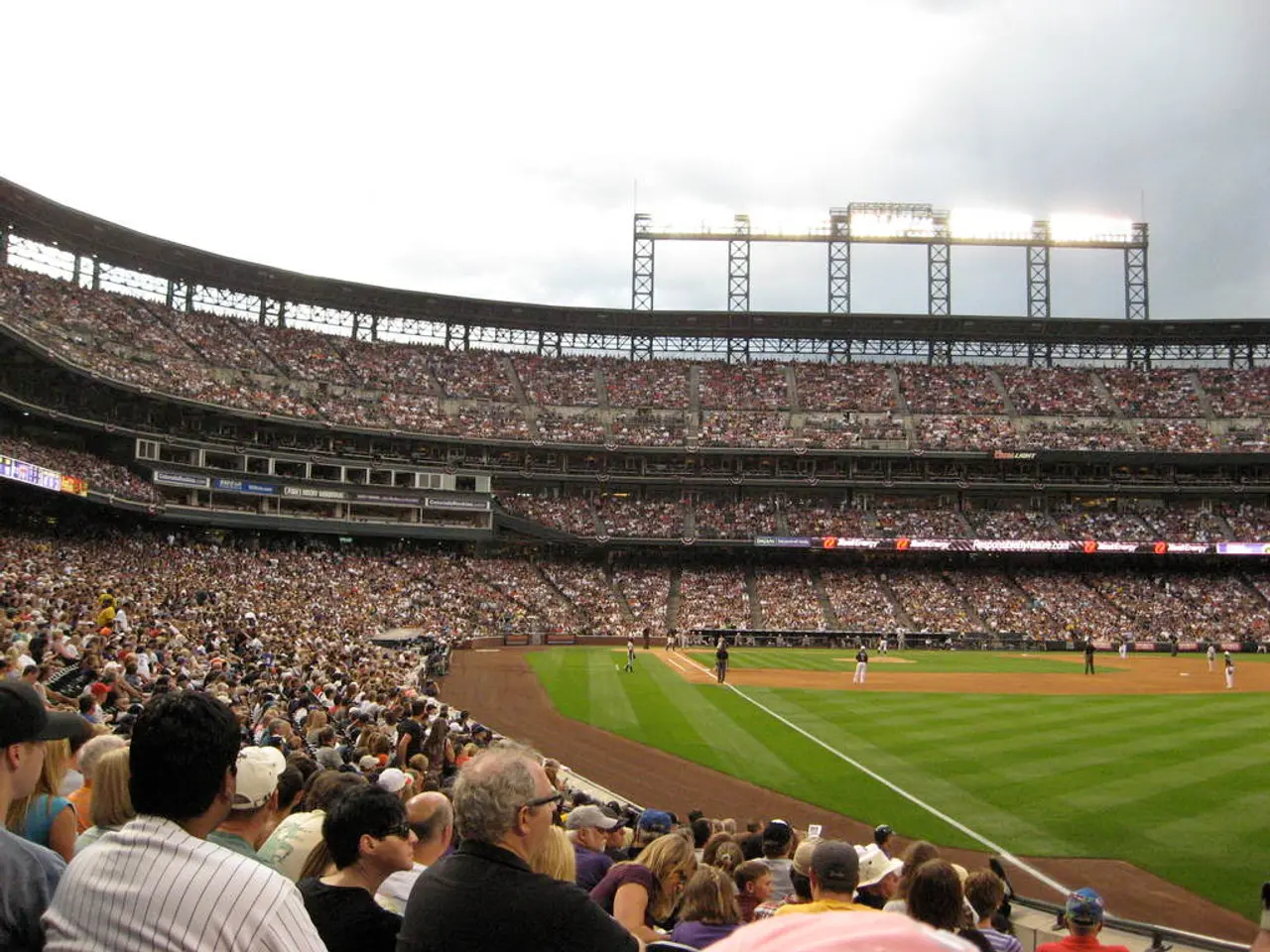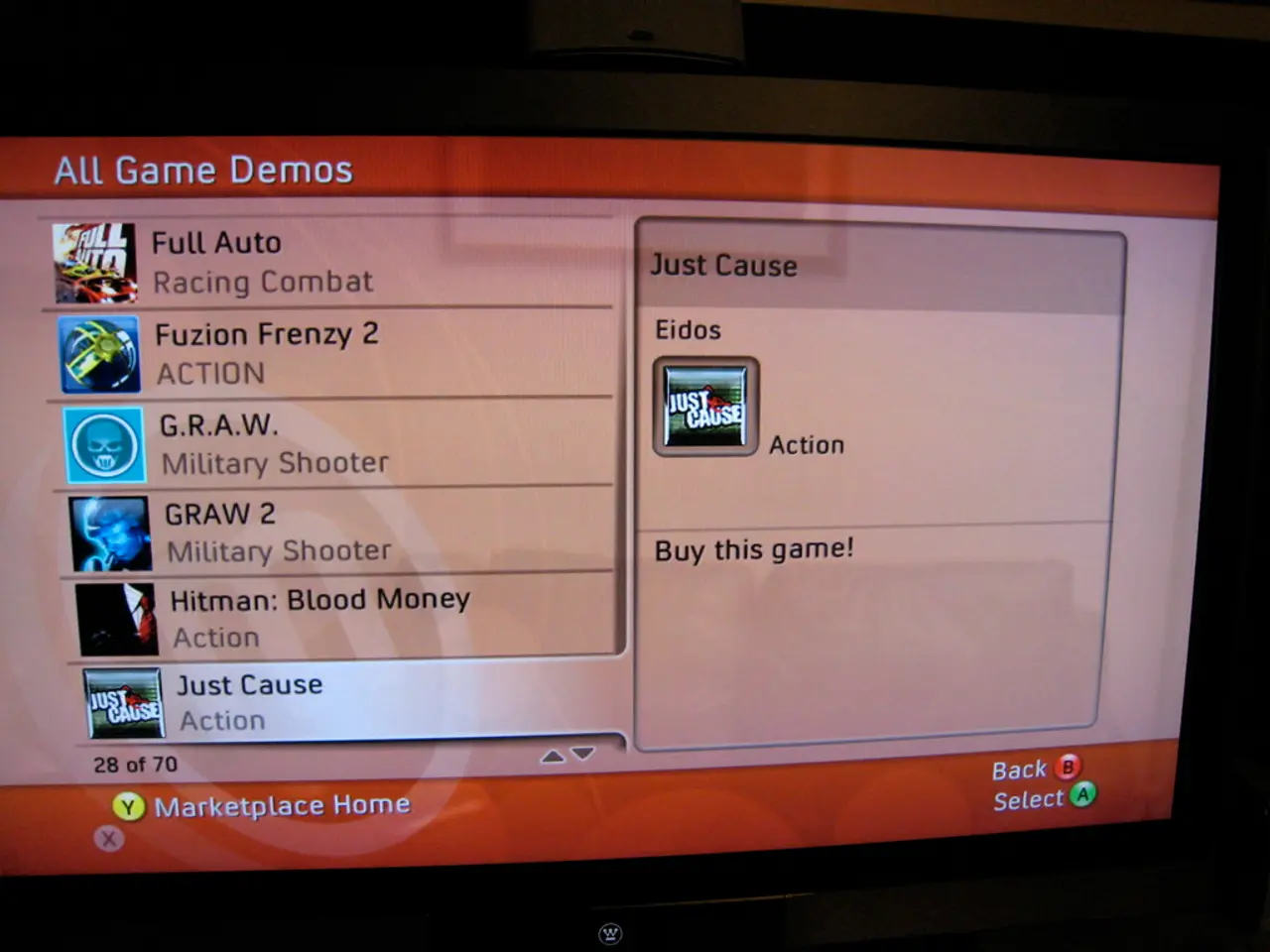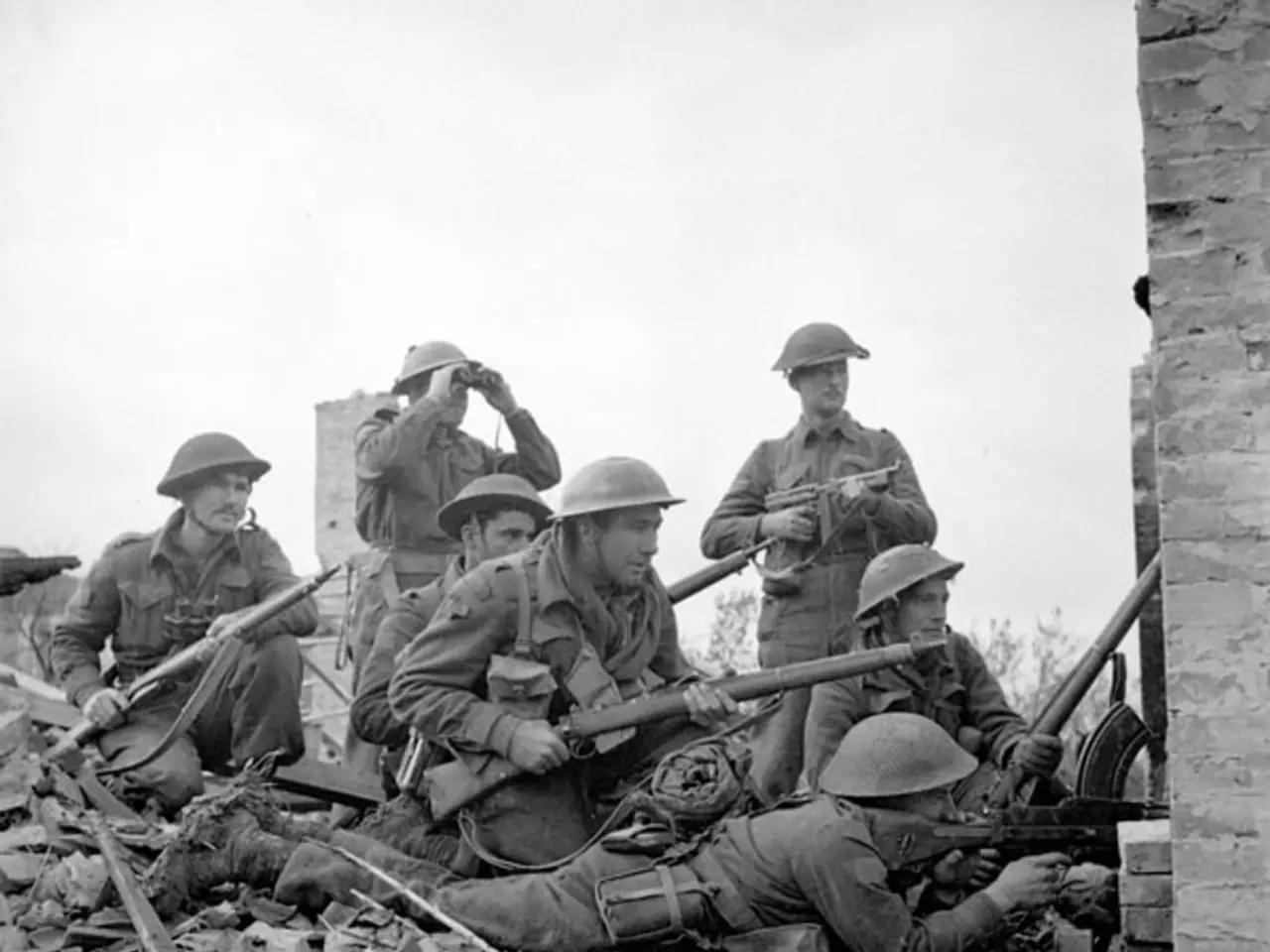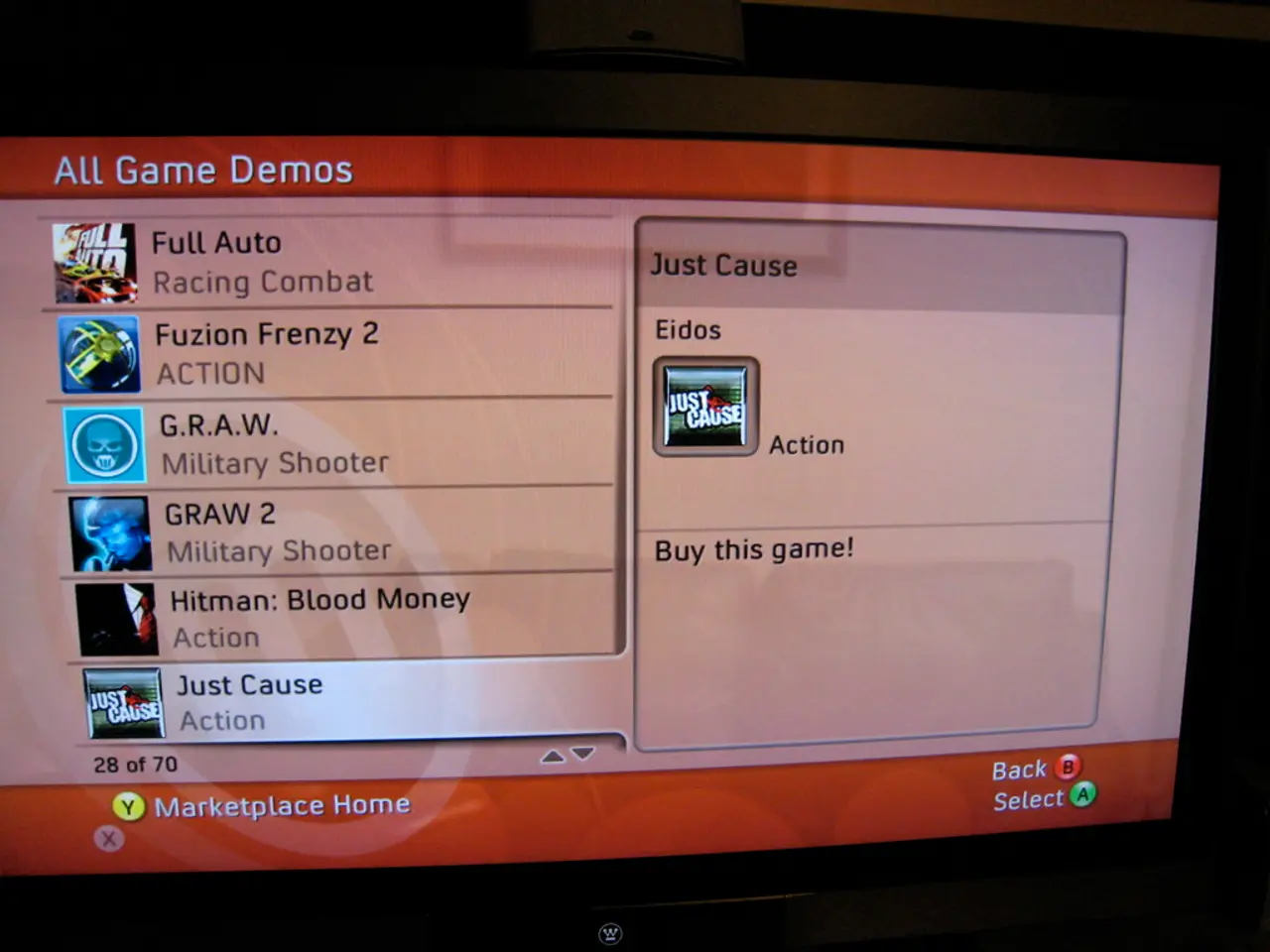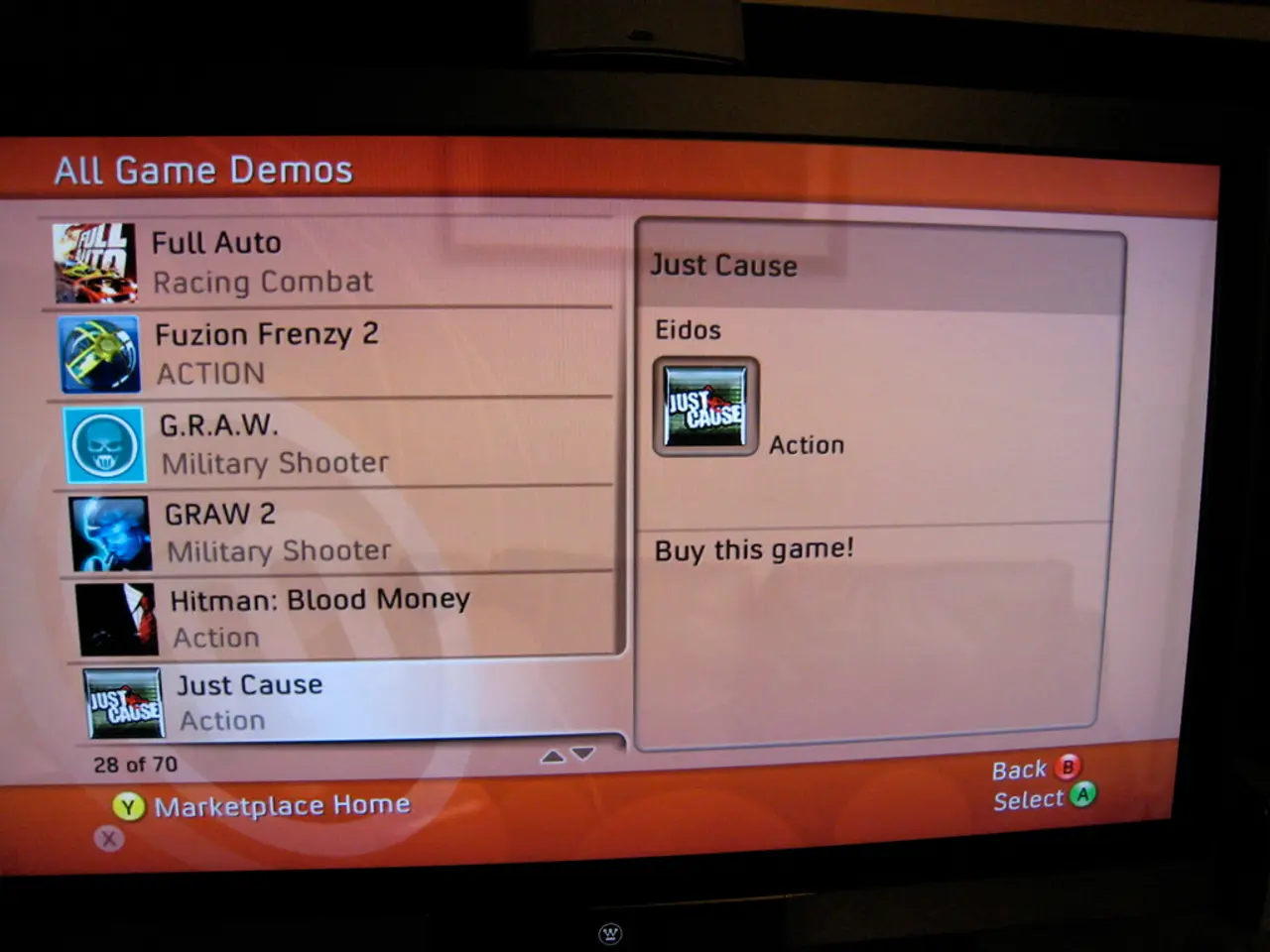Over 474 individuals detained during demonstration backing controversial organization Palestine Action
In a dramatic turn of events in London, the Metropolitan Police made a record 474 arrests during a Palestine Action demonstration, marking the most arrests related to a single operation in at least the past decade. The demonstration, which took place on a Saturday, saw protesters expressing their expectation of being arrested but feeling compelled to speak out and defend the right to protest.
The first arrests in the demonstration began at around 1pm. Among those arrested were elderly people, a blind man in a wheelchair, and a teenager. The organizer of the event, Defend Our Juries, claimed up to 700 people were at the event in Parliament Square. Protesters were seated below statues of Mahatma Gandhi and the suffragette Millicent Fawcett, protesting peacefully.
The protesters were taken to processing points in Westminster and bailed on condition they didn't attend further Palestine Action support events. A "significant number of people" at the event were seen displaying placards expressing support for Palestine Action. However, 466 arrests were made under the Terrorism Act for showing support for a banned group. Some arrested individuals whose details could not be verified were taken to custody suites across London.
The legislation to ban Palestine Action came into force on 5 July, making it a criminal offense to show support for the organization. The ban, which is a first for a protest group, was initiated based on strong security advice following serious attacks the group has committed, according to the Home Secretary, Yvette Cooper.
In the meantime, there are calls from rights groups urging the UK government to suspend prosecutions of Palestine Action supporters under the Terrorism Act until the judicial review is concluded. This legal challenge is scheduled to be heard in November and is being led by Huda Ammori, a co-founder of the direct action protest group. The challenge concerns the UK government's decision to proscribe Palestine Action as a terrorist organization and the alleged disproportionate interference with rights to freedom of expression and assembly under the European Convention on Human Rights, and the failure of the Home Secretary to consult Palestine Action before proscription.
Eight more people were arrested for other offenses, including five for assaulting officers. Among those arrested were former Guantanamo Bay detainee Moazzam Begg, NHS workers, quakers, and a blind wheelchair user.
The court challenge is scheduled to be heard in November, with legal teams representing the challenge including Owen Greenhall and Audrey Cherryl Mogan from Garden Court Chambers, Gareth Pierce of Birnberg Pierce, and Lydia D’Agostino of Kellys Solicitors.
On the previous Saturday, a march organized by the Palestine Coalition set off from Russell Square and assembled on Whitehall, resulting in one arrest for showing a placard in support of Palestine Action. The demonstration continued with a heavy police presence well into the afternoon and early evening.
As the legal challenge approaches, the question of freedom of expression and assembly remains at the forefront of public discourse, with many questioning the implications of the ban on Palestine Action and the mass arrests that followed.
- The ongoing war of words in the general-news sphere has heightened, as rights groups question the political decision to ban Palestine Action under the Terrorism Act, drawing attention to the potential infringement on crime-and-justice matters such as freedom of expression and assembly.
- The recent events in London, involving the mass arrests of Palestinian protesters, have spotlighted the intersection of war, politics, and crime-and-justice, with critics asserting that the ban on Palestine Action may undermine the fundamental right to peaceful protests.
